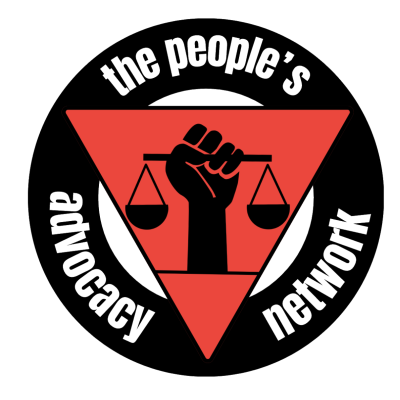Article
Background
The People’s Advocacy Network (PAN) emerged in response to systemic inequality within legal systems, particularly the lack of access to legal knowledge and representation for marginalized communities. In the Netherlands, these groups often face structural barriers and long waits for pro bono legal services. PAN addresses this gap by creating an accessible, community-rooted digital platform that empowers individuals to understand and navigate legal systems through shared knowledge, peer support, and storytelling.
I was especially inspired by grassroots movements that use storytelling, mutual aid, and legal empowerment to reclaim agency and resist oppression. The People’s Advocacy Network grew from a desire to support these efforts—not by speaking for marginalized communities, but by creating a platform where their voices, knowledge, and strategies take center stage.
Approach and methodology
The project began with wireframing the structure of the platform, designed around three interconnected sections that would make legal knowledge and support accessible and community-driven. Gemma built the platform using free and low-cost digital tools, ensuring it could be independently maintained without funding or technical expertise. She created a prototype that included a blog to host legal explainers and stories, discussion forums for peer-to-peer support, and a section where users could upload their own resources. To expand reach and engagement, she launched a social media strategy focused on Instagram and Twitter, using visual explainers, story highlights, and calls to action that invited others to contribute and participate.
Impact
The People’s Advocacy Network directly impacted 10 individuals who contributed content and shared knowledge on the platform. An additional 59 people engaged with the platform as viewers, accessing its resources and participating in its discussions. The project successfully created a space in which legal processes were demystified and where people could find solidarity in shared experience. By centering community knowledge, PAN offered a meaningful alternative to traditional top-down legal services and sparked conversations about justice, access, and collective resistance.
New steps
The platform continues to welcome contributions and foster dialogue through its online forum and Instagram page. Those interested in joining the network—whether by sharing stories, offering legal insights, or simply learning more—are encouraged to get involved and support its continued growth.

